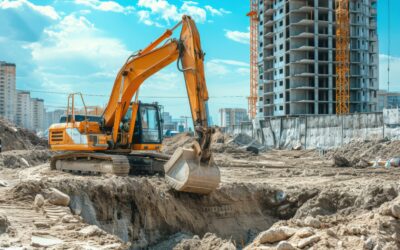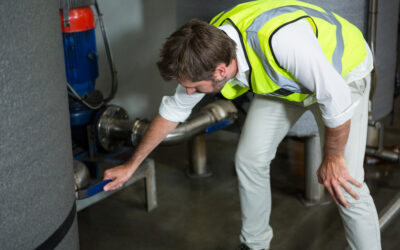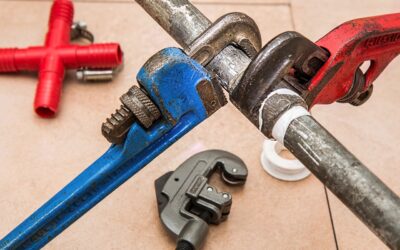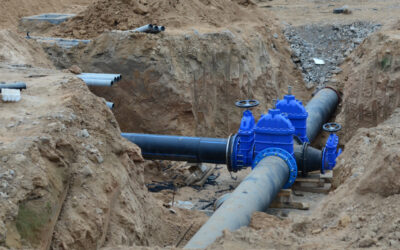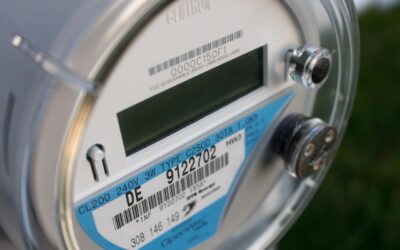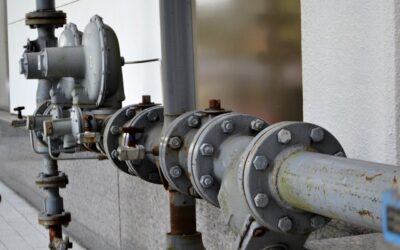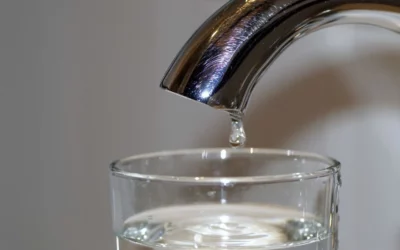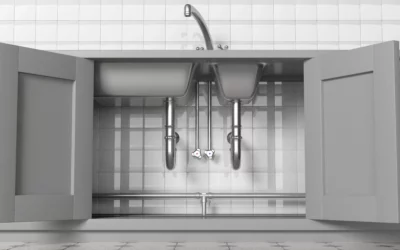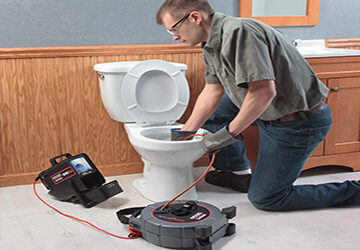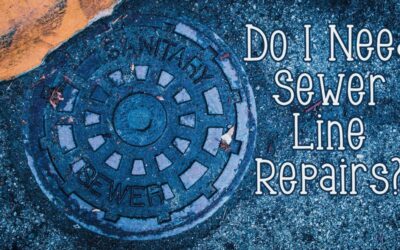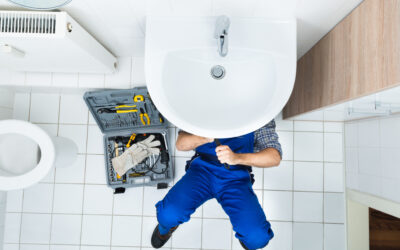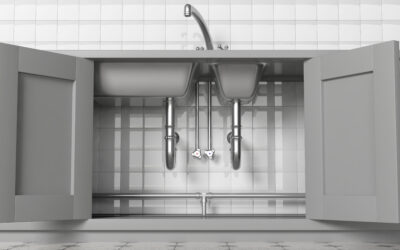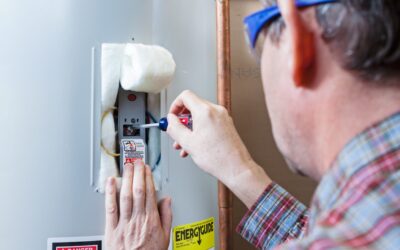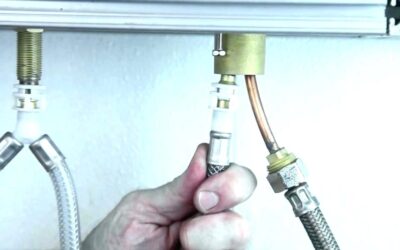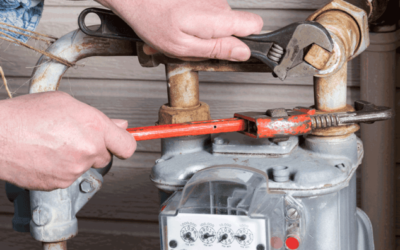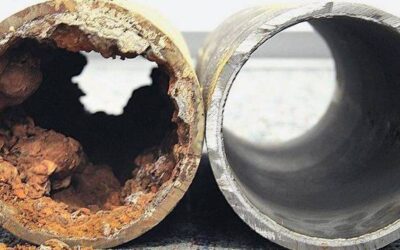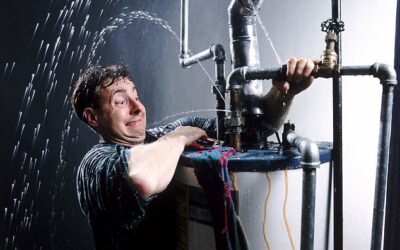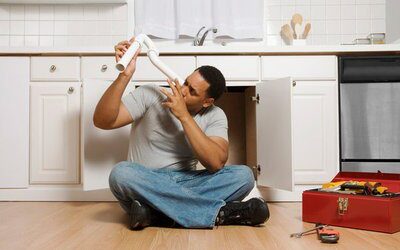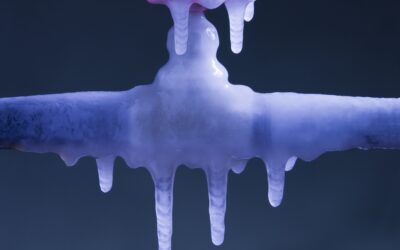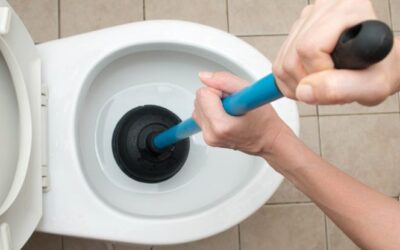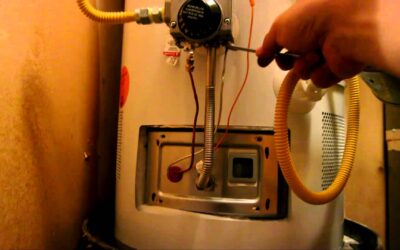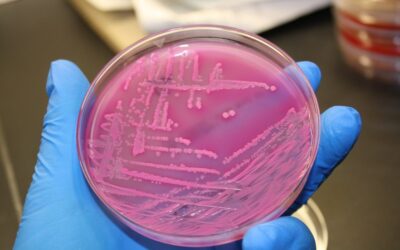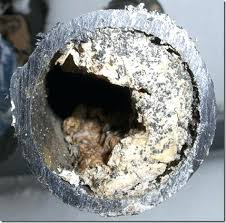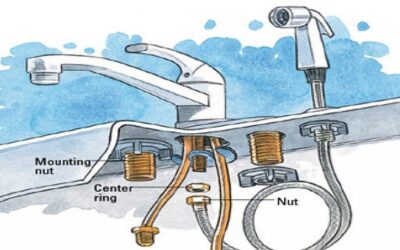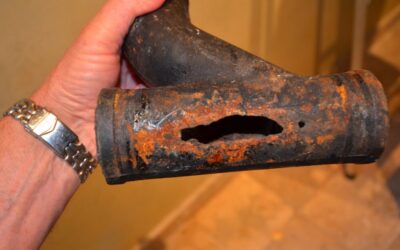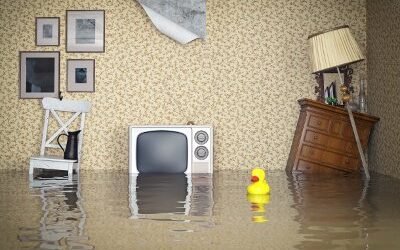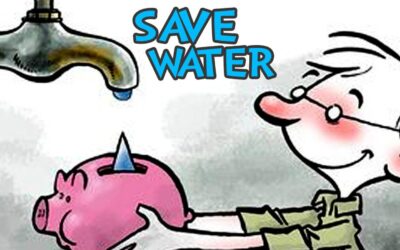Spring Excavation Contractors: What Bethlehem Businesses Need to Know
Spring brings more than just warmer weather for Bethlehem — it's also a strategic window for businesses to kick-start development plans and stay...
Spring Leak Detection for Commercial Properties
As the seasons change, commercial buildings go through a lot—especially during the shift from winter to spring. Snow, ice, and freezing temperatures...
Spring Plumbing Installation Tips for Bethlehem Commercial Properties
As winter fades and temperatures rise, business owners in Bethlehem have the perfect opportunity to upgrade their plumbing systems. Delaying essential installations can cause unexpected breakdowns, expensive repairs, and interruptions in daily operations. Scheduling a spring plumbing installation keeps everything running well before the busy summer months.
Spring Plumbing Repairs: Essential Maintenance for Your Business
Spring is the ideal time for businesses to assess their plumbing systems and address any issues caused by winter weather. Freezing temperatures, heavy rainfall, and seasonal debris can create plumbing problems that disrupt daily operations. Planning spring plumbing repairs for businesses in Bethlehem can avoid expensive problems, keep things running smoothly, and create a safe space for employees and customers.
Leak Detection Services for Businesses in Allentown
This article will talk about why it’s important for businesses in Allentown to have leak detection, the signs of water leaks, professional methods for detection, and how to pick the right service provider.
Spring Water Heater Repair and Maintenance for Businesses
Look, we get it. The temptation to save a few dollars has you considering buying a water heater from a big box store and doing the installation yourself. But before you’re knee-deep in water, understand that a water heater can be a complicated appliance to install, and doing it yourself could harm you and potentially…
Common Causes of Low Water Pressure
At the end of a long day of work, you’d probably like to kick back and relax in your home. The last thing you’re looking for is another problem to...
Lehigh Valley | Water Heater Repair
LEHIGH VALLEY WATER HEATER REPAIR A Trusted Water Heater Repair Company in the Lehigh Valley Lehigh Valley plumbers Water is an integral part of your daily activities in the home — whether you’re cooking, cleaning, taking a shower, or staying hydrated. If something is off with your water, it can be a considerable nuisance that…
Lehigh Valley | Sewer and Drain
LEHIGH VALLEY SEWER AND DRAIN Reliable Sewer Repair in the Lehigh Valley Lehigh Valley plumbers Agentis Plumbing provides sewer and drain service in the Lehigh Valley. If you’ve been regularly having issues with your sewer system, there comes a point when enough is enough. Whether you’re dealing with a blockage or a break in the…
Signs that You Need Sewer Line Repair
The sewer line is an integral part of the house that is used each day, but you may not think about it very often. Maybe you had the sewer...
Lehigh Valley | Water and Drain Line
LEHIGH VALLEY WATER & DRAIN LINE Drain & Water Line Repair in the Lehigh Valley Lehigh Valley plumbers A water line can be damaged by a variety of things, like overgrown roots, corrosion, or a repaved sidewalk or driveway that caused physical damage. If your water line bursts or even just has cracks in it,…
Lehigh Valley | Plumbing Installation
LEHIGH VALLEY PLUMBING INSTALLATION Dependable Plumbing Installation in the Lehigh Valley Lehigh Valley Plumbers Even if you’ve handled a clogged toilet or backed-up drain in the past, it’s best to turn to the professionals for plumbing installation in the Lehigh Valley. Here at Agentis Plumbing, our licensed plumbers have the knowledge and top-quality tools that…
Lehigh Valley | Water Heater Installation
LEHIGH VALLEY WATER HEATER INSTALLATION Top-Quality Water Heater Installation Services in the Lehigh Valley Allentown plumbers Contact us for your Lehigh Valley water heater installation. If you’re looking for a new water heater, it’s important to get the right type of system at the right size. That’s why you should speak directly with a professional…
Water Heater Installation Lehigh Valley, PA
Key to Household Comfort If you’re looking for a new water heater, it’s important to get the right type of system at the right size. That’s why you should speak directly with a professional plumber and not a salesperson at a large retailer. The knowledgeable team at Agents Plumbing can help you find the perfect…
Tips On Replacing A Kitchen Faucet
Time To Replace Your Kitchen Faucet? It may seem like swapping out that old faucet for a new one is an easy task. Sometimes it can be. Other times, not so much. If you’ve got an old faucet in your kitchen and it’s time to replace it, here are few tips to help you through…
Plumbing Jobs for the Experts
While there are plenty of simple fixes you can do on your own, it’s safer and cheaper the let a professional handle the more severe plumbing repairs. Here are some common plumbing disasters and how to avoid them Gas Lines Gas leaks are the most dangerous type of problem to try to handle on your own.…
How Did It Happen? The Dreaded Slow Drain
You dread filling the sink basin because you know when you release the stopper, it’s going to take a long time to drain. And that reminds you that you’ve got an untreated clog. It may start slow, so you barely notice it, but inside the accumulation of dirt, soap residue, and hair, all can contribute…
Don’t throw that down there: How to keep the garbage disposal clog-free during the holidays
With the fall season upon us, the holidays are right around the corner. And that means meals with family and friends. When you’ve got family visiting for a few days, you’ll likely be cooking, eating, and cleaning up together. And that can open up the possibility of having one or more family members put something…
Common Plumbing Disasters and How to Avoid Them
Think you’re all thumbs when it comes to fixing things? If you’re into preventing problems before they occur, then this is a must-read. We’ve outlined some of the most common plumbing disasters – not to cause panic – but to help you take steps to keep small problems small and prevent significant expenses and inconvenience.…
Simple Plumbing Fixes Anyone Can Do
Think you’re all thumbs when it comes to fixing things? Think again. The best way to keep your plumbing functioning smoothly and be prepared for any emergencies is to do some simple maintenance on a regular basis. And there are a lot of things you can do that do not require a lot of do-it-yourself…
Plumbing Tips: No More Frozen Pipes
Becoming an expert at wielding a toilet plunger? With fall upon us and those brisk nights creeping into our forecast, it’s a good time to go over some ways you can prevent your pipes from freezing. Why do frozen pipes burst? When water freezes, it expands, putting pressure on the inside of your pipe. And…
Why Does My Toilet Keep Clogging?
Are you becoming an expert at wielding a toilet plunger? If that’s the case, you’ve likely been dealing with a lot of clogs. Practice makes perfect. But it also may mean that you’ve got a bigger problem to diagnose. Here are 5 potential issues that may be clogging your toilet. What’s really going down…
Water Heater Checkup Time
So many appliances and fixtures depend on your water heater functioning properly. But it’s surprising how many of us neglect to do regular maintenance on them or have them check by a professional. We tend to wait until there’s a problem and by then it’s too late. There’s either a leak or a severe malfunction…
The Ultimate End of Summer Plumbing Checklist
As summer winds down, it’s a good idea to think about preparing your plumbing for the months ahead. Checking your plumbing seasonally can help guard against those untimely problems that can arise as the weather changes. Here’s a simple checklist of things to do to keep your home’s plumbing system running smoothly. Inspect and drain…
Worried about E. coli? How to keep your drinking water clean
With the recent E. coli outbreak in Lehigh County, many residents are concerned about how to keep their families and themselves safe from the deadly bacteria. While there are solutions, such as boiling your water, to protect you and your family right away – there are specialized filters that can help you prevent E.coli from…
How to Clear a Plumbing Vent
A working plumbing vent is integral to the function of any home’s plumbing system. Your plumbing vent regulates the pressure in your drainage pipes to ensure pipes are safe and can effectively drain waste and water. Understanding how to maintain and clear your plumbing vent can save you time and money – helping you avoid…
Leaky Faucet? Know your faucet you before you fix it.
Faucet leaks are the nuisance of bathroom maintenance issues. And the cost can be high. A leak that loses just one drop per second can waste up to 3,000 gallons of water a year. Sometimes leaky faucets are a quick fix, but other leaks can prove more difficult and come back over time. To get…
Treat Your Drains Kindly
We rarely think about our drains and pipes until something goes wrong. But if you follow a few simple tips, you’ll keep your drains flowing and prevent potential problems down the road. Here are a few questions and answers as well as tips for keeping your drains healthy. Should I use chemical drain cleaners? Think…
Plumbing Inspections: Check the plumbing before buying the house
Buying a house is a huge decision and one of the biggest investments you’ll ever make. And, since plumbing is key to how a home functions now and in the future, you want to make sure you understand what you are actually buying and what might be required to get the house into shape. Maybe…
Save Water and Lower Your Bill with Three Simple Changes
The amount of water Americans waste is at an all-time high. According to the EPA, 900 billion gallons of water is wasted annually in the US, just due to leaks around the house. In fact, 95% of all the water we use goes straight down the drain. And this can cost you a lot of…

